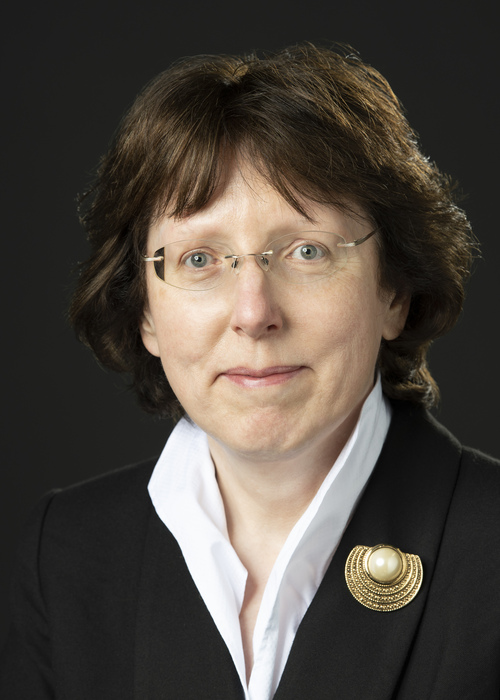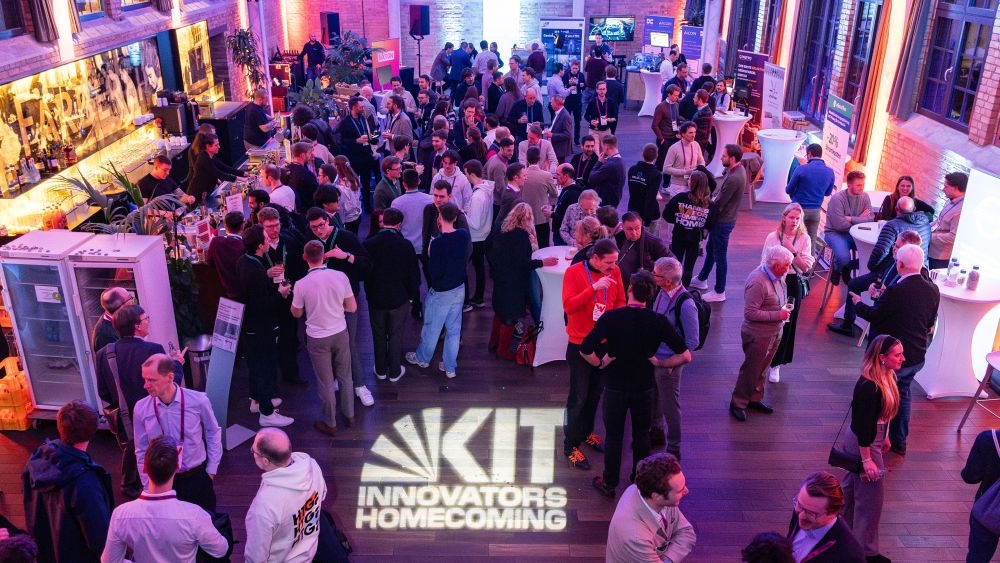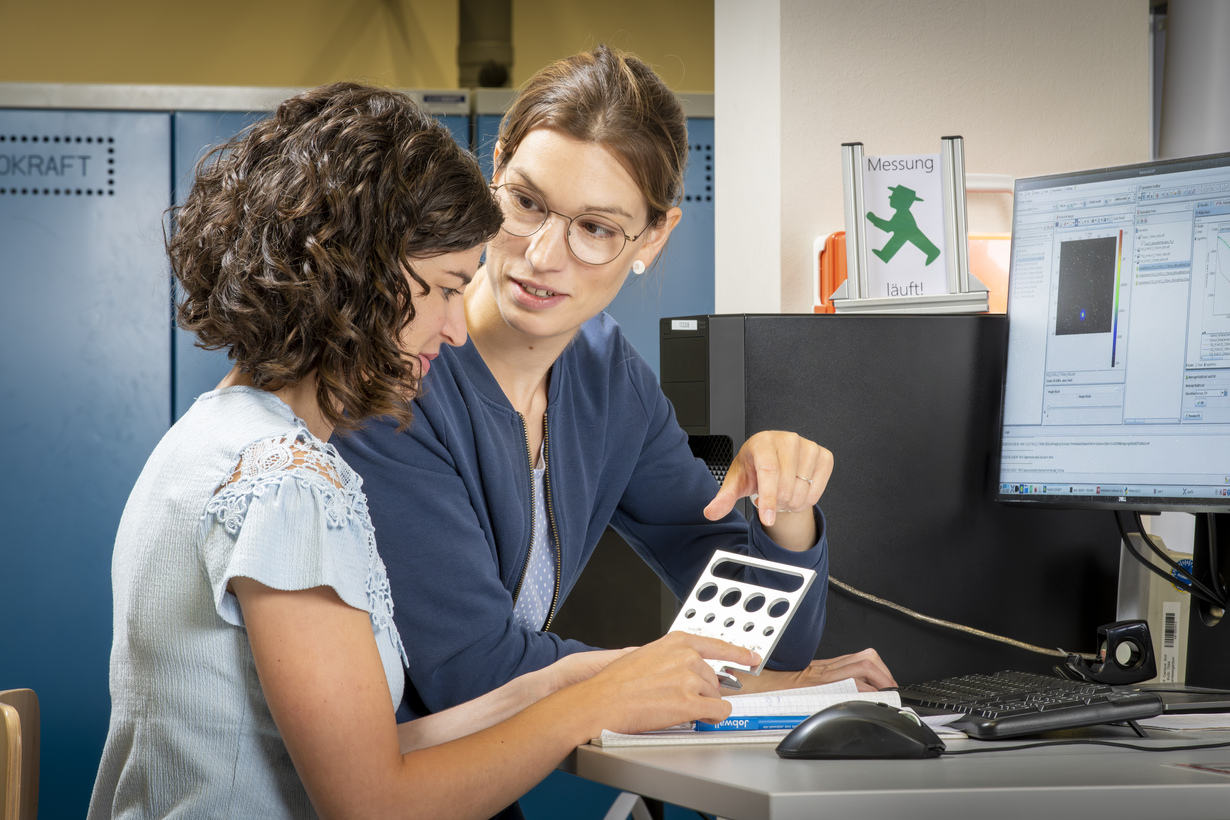Division I - Biology, Chemistry, and Process Engineering
Division I combines research, teaching and innovation in the scientific disciplines of biology, chemistry and process engineering. Twenty KIT research institutes, the Natural, Artificial and Cognitive Information Processing (NACIP) and Materials Systems Engineering (MSE) programmes in Helmholtz Information and the two KIT Departments of Chemistry and Biosciences and Chemical and Process Engineering form the core of the division.
We focus on our research motif "Material and energy cycles in the circular economy, life science engineering, process technology and digitalisation". In this way, we research and teach the latest processes and methods of material and energy conversion for the circular economy and build a synergistic bridge to the life sciences. In terms of content, the size scales are addressed both theoretically and experimentally from nanogram synthesis to the near-industrial ton scale. All research in Division I is geared to the requirements of a resource-efficient data-based society.
Professor Dr. Andrea Robitzki has been Head of Division I since February 17th, 2020.

Material and Energy Circuits in Circular Economy, Life Science Engineering, Process Technology and Digitization

Four projects funded through the European Regional Development Fund will strengthen research infrastructures in production engineering, climate research, battery recycling, and quantum communication
Learn more
The ETOS future cluster receives EUR 12 million in new funding to advance the electrification of chemical production
Learn more
New 660 kWp rooftop PV system at Campus North powers energy research and computing infrastructure with clean electricity
Learn more
Two teams at KIT receive European funding to further develop their ideas in biomedicine and materials science for practical applications
Learn more
The US pioneer in computer‑assisted medicine will be honored with an award valued at up to EUR 50,000 in material resources
Learn more
People with roots at KIT come together – Hesthaven: “We will continue to develop the network”
Learn more
QS Europe Ranking confirms KIT’s strong international standing and outstanding performance in research and employer reputation
Learn more
At the 2025 IHK awards ceremony, 16 KIT trainees were honored as the best in their year, with two also recognized as the best in Baden-Württemberg
Learn more
The CIW Women Engineers Network (CIW IN) was founded in 2021 by the KIT Department of Chemical and Process Engineering (CIW) as part of the ExU Gender Equity 1 project. The aim is to enable both professional and social exchange for women within the department, regardless of where they are in their scientific careers.
link
